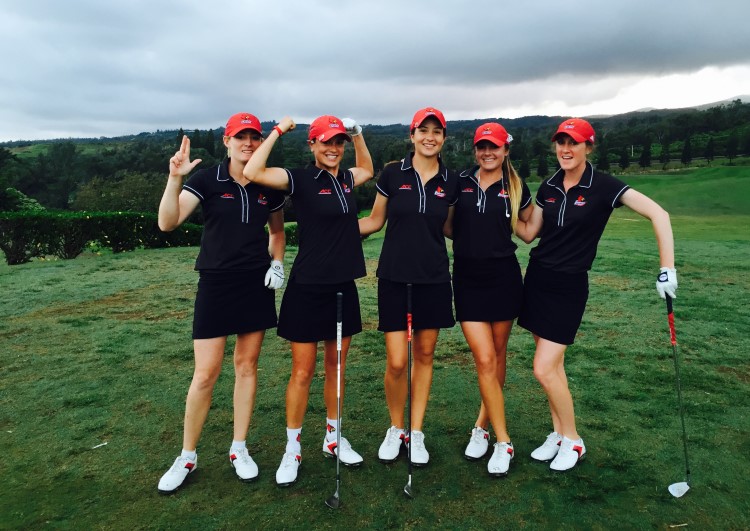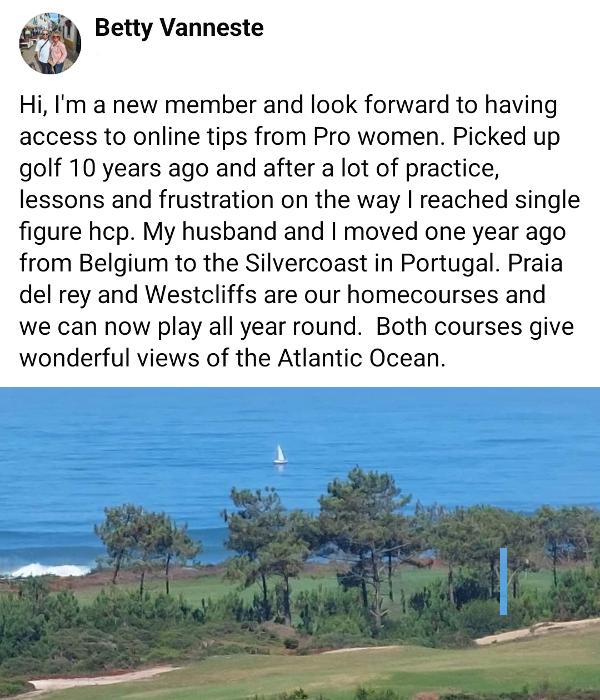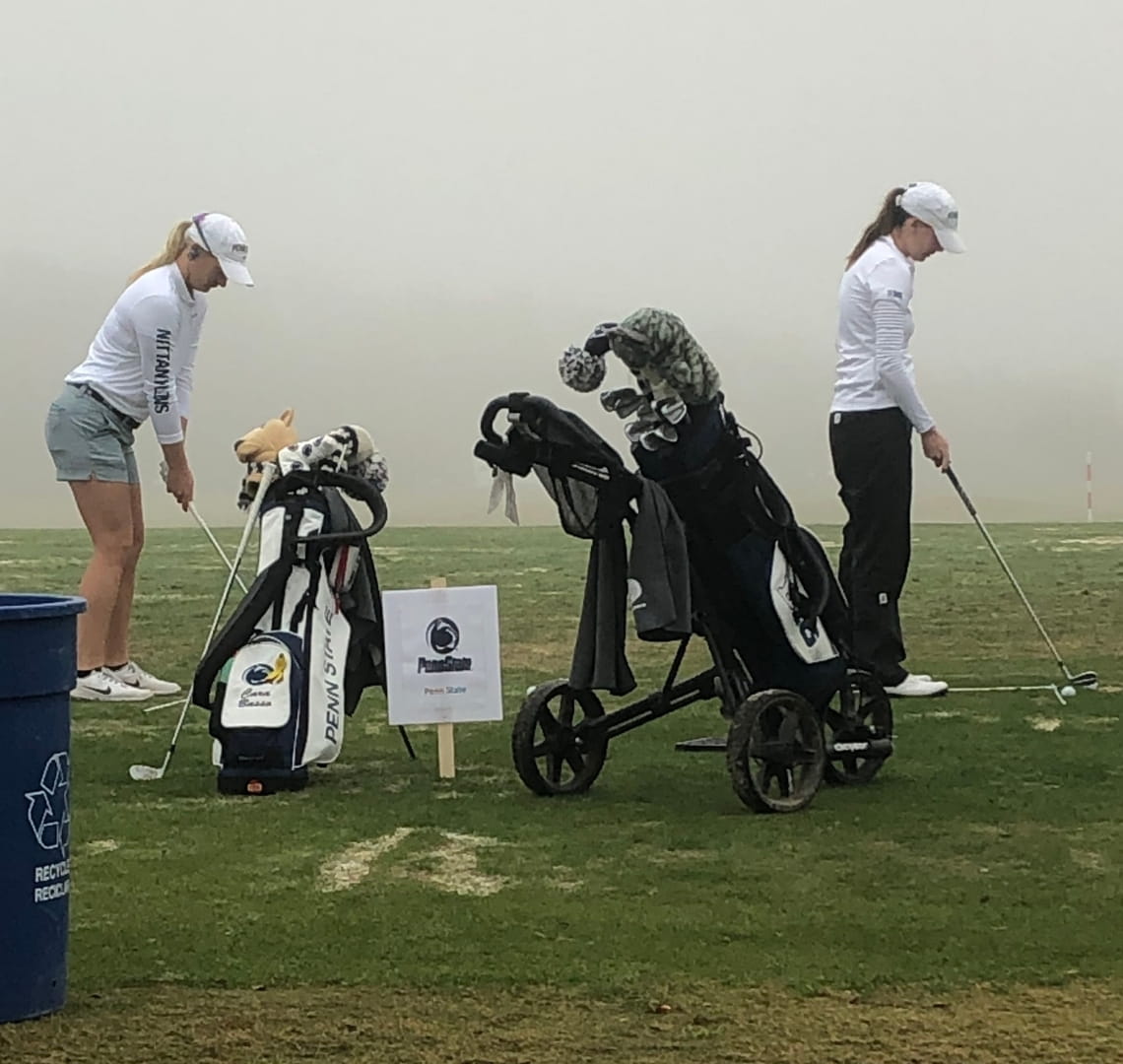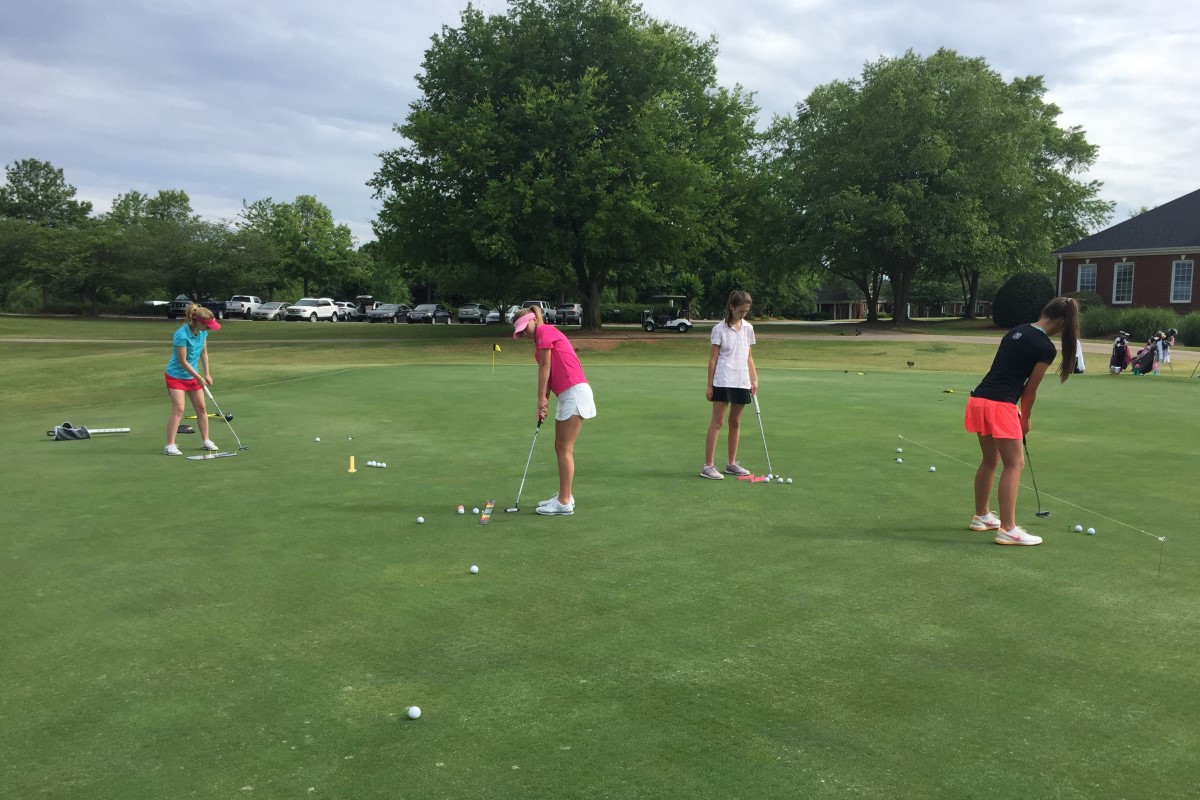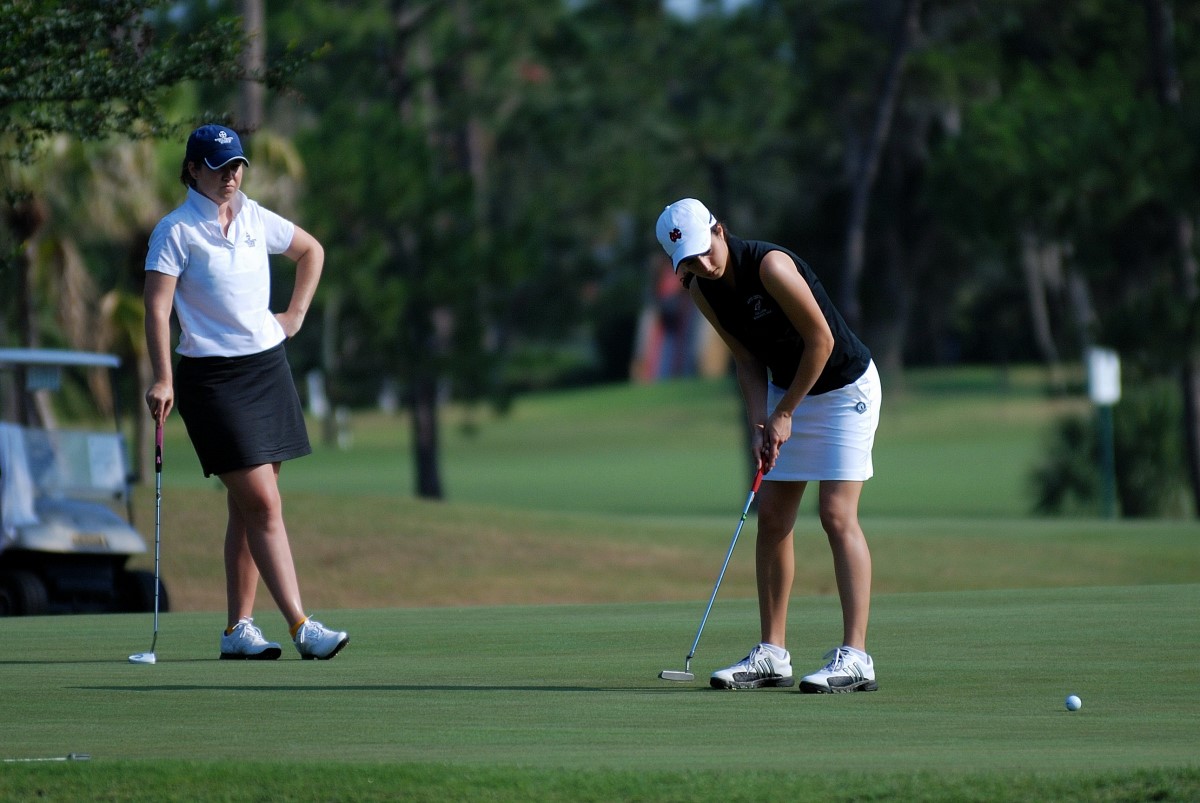“Peg in the ground at first light,” said Courtney Trimble, the head women’s golf coach at the University of Louisville. This tee time isn’t rare to see on the college golfers schedule. Having to balance practice, working out, class, and study hall, the student-athlete already has a full day booked.
Playing college golf prepares athletes for life beyond golf. From discipline and time management to networking and forming relationships, athletes are being equipped daily for their future.

Time management is the number one thing most freshman student-athletes learn in their first year at school. Being able to manage their schedules efficiently is a huge factor in how successful their performance and quality of life will be during their career.
College golfers miss the most school of any NCAA sport so being organized is crucial. Although I am definitely not complaining about missing class, it does add stress to student-athletes’ academics. I remember having to write research papers and take online quizzes while traveling in airports and hotel rooms after rounds.
Employers are looking for people who can efficiently organize their time and get the most tasks done while at work. College golfers are forced to learn to maximize their time because of the many requirements demanded. I learned how to prioritize my days and complete first what is most important.
While most assume golfers just putt around or hit the range for a bucket of balls, there is way more to it than meets the eye. Practices that are facilitated by coaches are efficient, however, the top golfers put in additional extra hours at the course. The white ball is honest and it will show how much work the golfer has put in.
Sometimes a team practice isn’t enough and the golfer needs more reps. Most likely they will not leave the course until the desired objective is completed. This type of determination will be such an asset to a company. In my five years in college, I cannot remember one day leaving right when practice ends.
Most people do not realize that golfers also hit the weight room. Developing balance, strengthening the lower body, and maintaining flexibility are vital to improving performance. Teams across the country are in the weight room at least twice a week during the season and usually before the sun rises. Being disciplined to get in bed early and being properly fueled with nutrients set many athletes apart.
Other huge parts of being on a college golf team are the booster banquets, alumni tournaments, community service projects, and marketing the team. Athletes learn how to network with people that could be potential future employers or sponsors. Developing skills that enable athletes to promote themselves and build communication capabilities will assist them in obtaining a job after college.
Networking is a huge benefit of playing college golf. I had the opportunity to play with celebrities, professional golfers, and businessmen throughout my college career. One of the coolest rounds of golf I have experienced through alumni tournaments was with Steve Spurrier. He shared many stories from his football coaching days and was the most competitive person I have ever met.

For some players, going to banquets and dinners is a time to sit in the corner with teammates and socialize. But I decided I would use it as a time to meet people and network. For example, Coach Trimble set up a team dinner with Golf Analyst Frank Nobilo, where my eyes were opened to journalism. You never know what you might learn when you step out of your comfort zone.
Transitioning to being a college golfer is difficult for some because it’s more of a team sport than most know. Professional golfers can make any decision on the course and it will only affect them. However, in college golf, the decisions players make will affect not only themselves but also the team as a whole.
Should I go for the green on a par 5 over water? Or should I aim at the sucker pin tucked behind a sand trap? Pulling off the hero shot is every golfer’s dream but what college golf teaches players is to be smart and know if you fail, the whole team will be affected if you blow it in the hazard or plug it in the bunker.
I consider myself an aggressive player. I want to bomb my driver all the way to the edge and go for every pin but I have learned that to win team tournaments I can still be aggressive but in smarter ways.
College coaches really instruct their team to play first for the logo on their shirt because that is who they ultimately represent. This will translate into future parts of life because it teaches unselfishness and teamwork. There is an individual trophy but the biggest trophy is always the team trophy.
Much like the business world these days, earning a starting spot on a college team is extremely competitive. Playing golf in college is a special achievement and so many values are developed. In college golf, every athlete will have to overcome adversity at some point during his or her career. Whether is it finishing a tough round or fighting through injuries, the battle through it will only build stronger people; the type that will be our future leaders.
Feature photo: The Louisville Women’s Golf team in Hawaii for the Wahine Invitational
 Katie Mitchell is a Louisville Redshirt Senior with an accomplished college playing record.
Katie Mitchell is a Louisville Redshirt Senior with an accomplished college playing record.
REDSHIRT JUNIOR SEASON (2014-15)
Named to the all-ACC Women’s Golf Academic Team.
Played in 12 events and paced the team with a 74.18-stroke average through 33 rounds.
Captured the First Coast Women’s Amateur title for the second-consecutive year (4-under-par 140), and placed 15th at the Ladies’ British Open Amateur Championship (1-under-par 145).
At Florida (2012-14), finished tied for 11th at the Tar Heel Invitational, shooting a 216; shot a career-low 69 in the third round, a bogey-free round.
Katie is an avid sports fan who is very involved in her church. She will graduate with a communications major in May 2016 and plans to turn professional.
Follow Katie Mitchell online on Twitter and Instagram

